Benchmarking to Enhance the MPH Program at Udayana University: Insights from UNNES and UGM
On August 28-29, 2024, a team of lecturers and staff from the Master of Public Health (MPH) Program at the Faculty of Medicine, Udayana University, conducted a benchmarking visit to two distinguished universities: Universitas Negeri Semarang (UNNES) and Universitas Gadjah Mada (UGM). Representing Udayana University, the team included Dr. Ketut Sutiari, SKM., MSi., Dr. Luh Seri Ani, SKM., M.Kes., Dinar Saurmauli Lubis, SKM., MPH., PhD., and Dr. Ni Putu Widarini, SKM., MPH.. The team represented the Health Service Management (MPK) and Maternal and Child Health (KIA Kespro) consentrations and also the Quality Control for Education (TPPM) unit. The benchmarking visit is part of an ongoing effort to develop the Health Promotion concentration and enhance the overall education quality of the MPH program.
Both UNNES and UGM boast excellent accreditation for their MPH programs by LAM-PTKes, a testament to the high standards they uphold in public health education. While Udayana University’s MPH program is also accredited as excellent, this benchmarking visit aimed to identify strategies and best practices from these leading institutions to ensure the program continues to evolve and meet the growing demands of the public health field.
At UNNES, the comprehensive curriculum stood out, offering a balanced focus on public health theory and practical applications. The program emphasizes research opportunities for master students through their international collaboration, which aligns well with the global health landscape. The integration of global perspectives into the curriculum was particularly valuable, as it provides students with the tools to address both local and international health challenges. This exposure to a well-rounded education will be essential for Udayana’s MPH program as it seeks to further enrich its teaching strategies and expand its international networks.
Similarly, UGM’s MPH program demonstrated a strong academic reputation, offering a specialized curriculum across various areas of public health. The university’s focus on research and professional development stood out as a key element in preparing students for leadership roles in public health. Their integrated learning approach, combining coursework with practical applications, resonated with Udayana’s commitment to preparing students for real-world public health challenges. UGM’s approach to mentorship and research engagement also offers valuable lessons for strengthening Udayana’s own faculty-student interactions and enhancing student learning outcomes.
By observing these best practices, Udayana University’s MPH program aims to implement innovative teaching methods, refine its curriculum, and broaden its international partnerships. This benchmarking visit serves as an important step in ensuring the program remains competitive, relevant, and capable of producing public health professionals who can effectively tackle the complex health challenges of the future.
In conclusion, the visit to UNNES and UGM has provided the MPH program at Udayana University with critical insights into enhancing curriculum, fostering international collaborations, and improving teaching quality. By adopting these best practices, the program is poised to continue delivering high-quality public health education, preparing students to make meaningful contributions to public health in Indonesia and beyond.
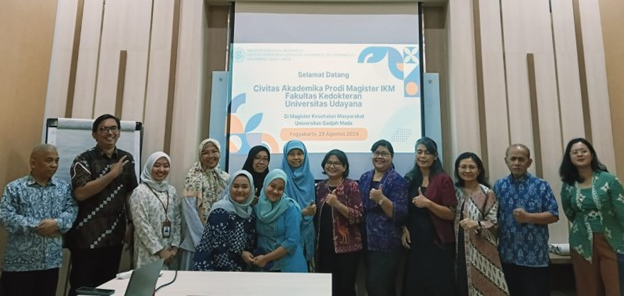
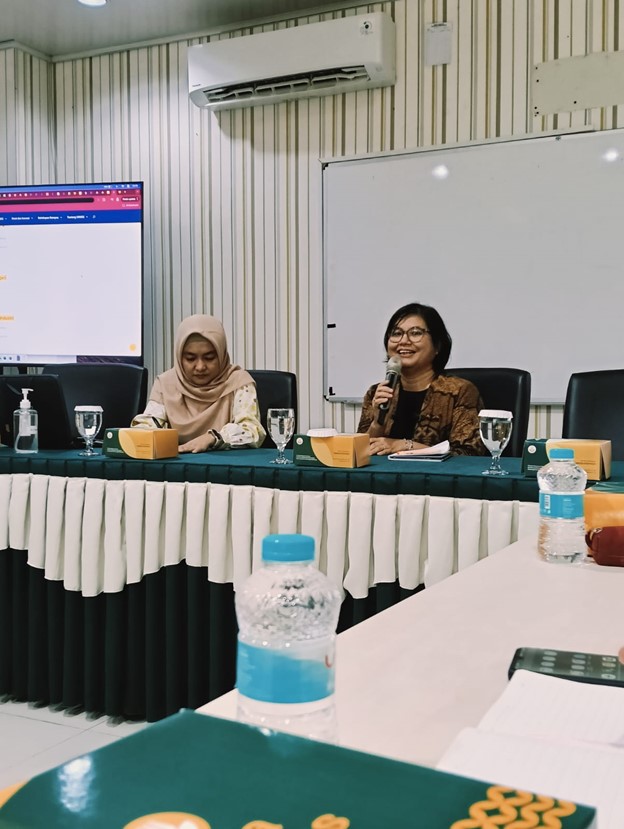
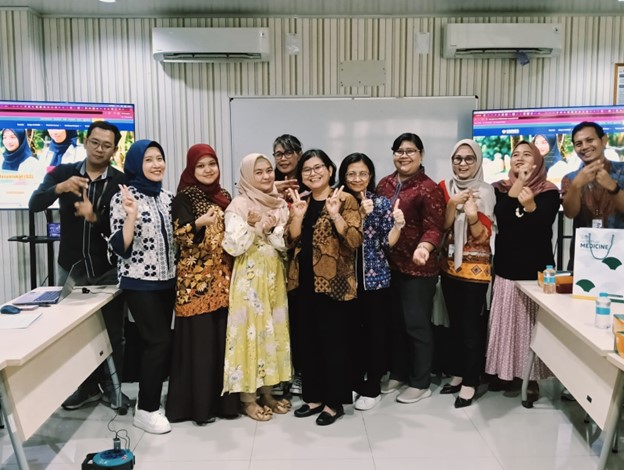
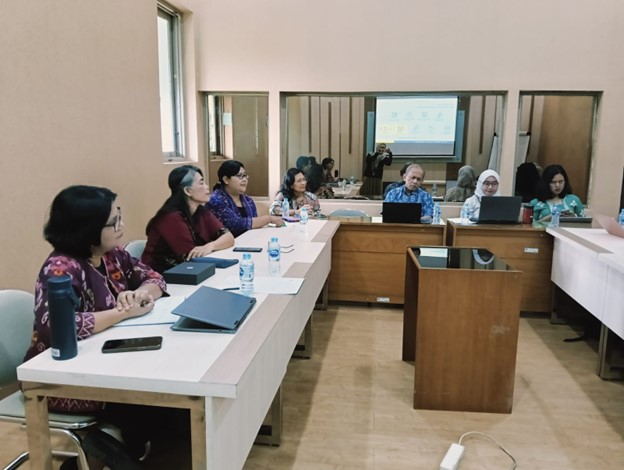
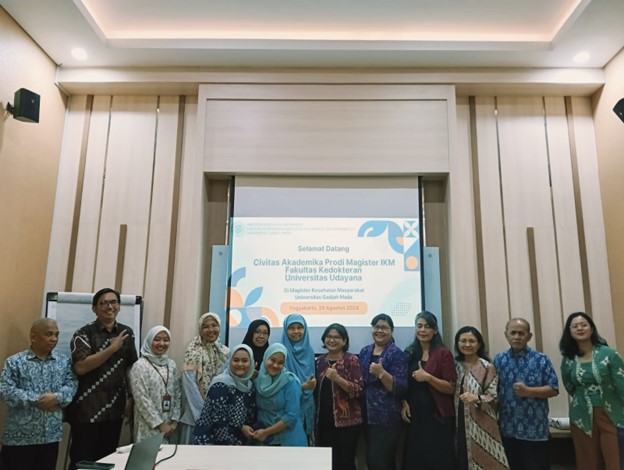
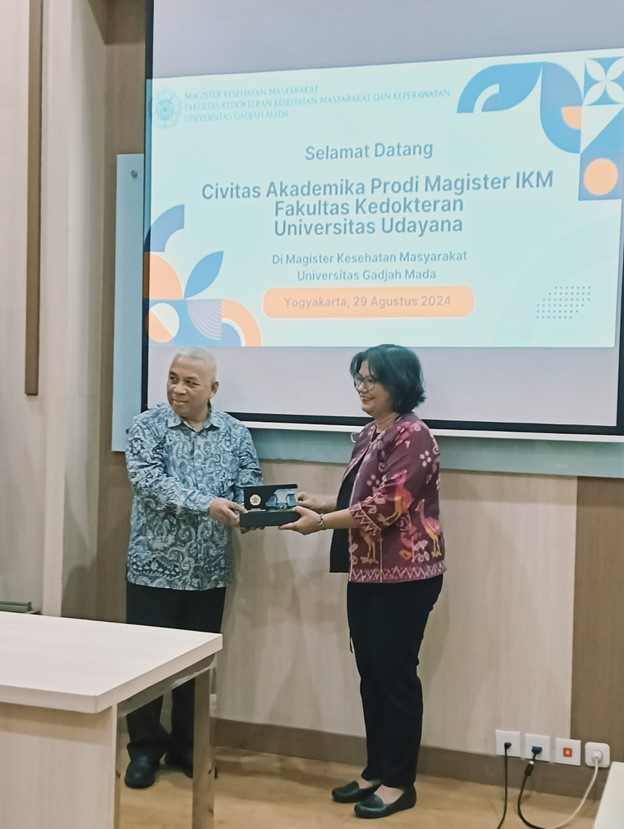


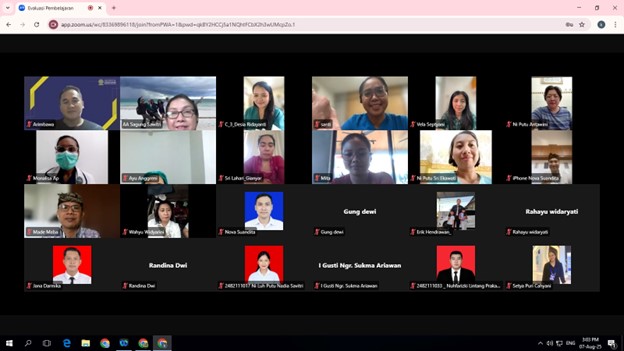
MEDICAL FACULTY